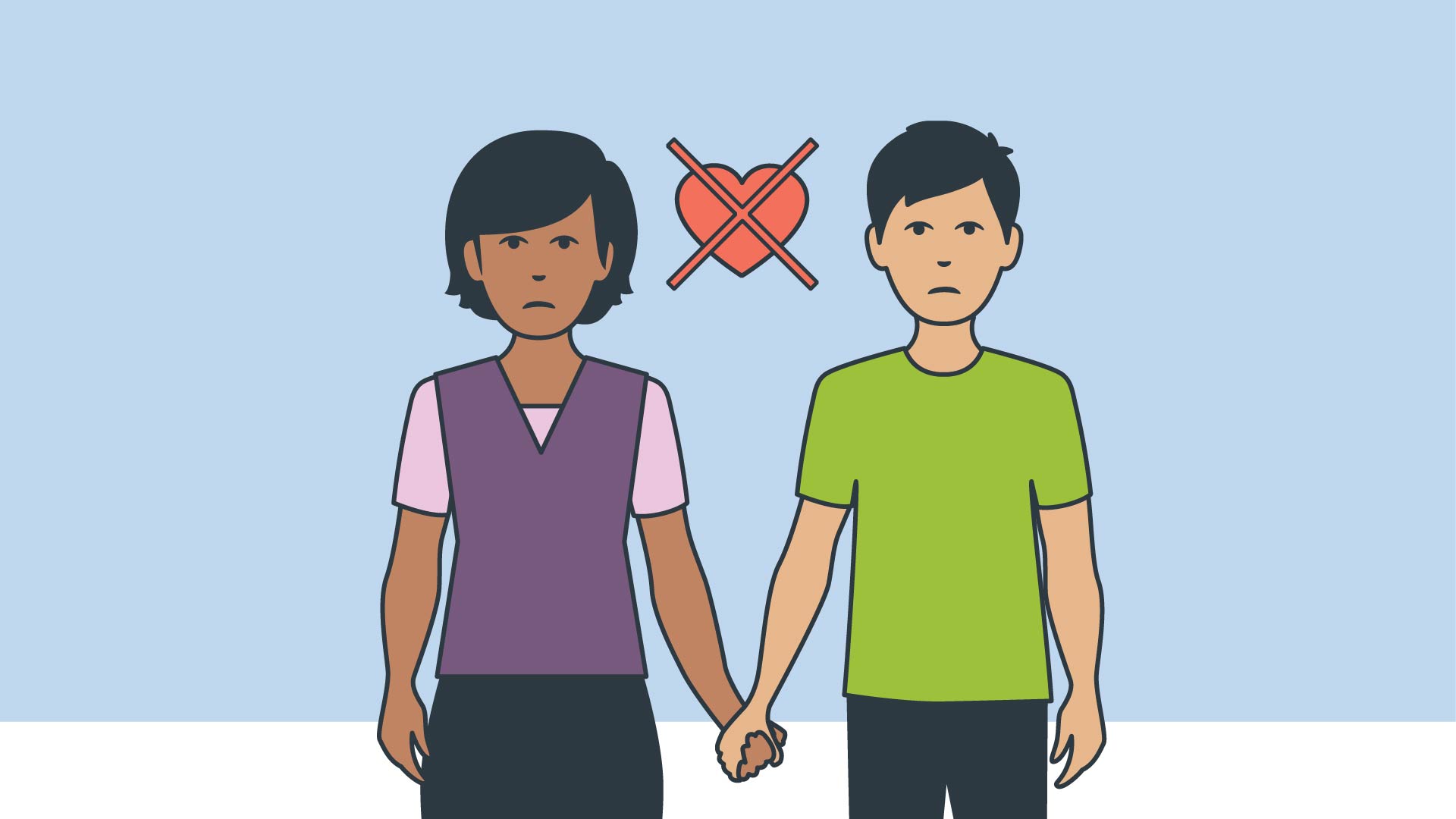Some relationships are not healthy and can be harmful to people.
It is important to get help if you are in an unhealthy relationship.
Some things that happen in unhealthy relationships are:
Taking people’s
money.
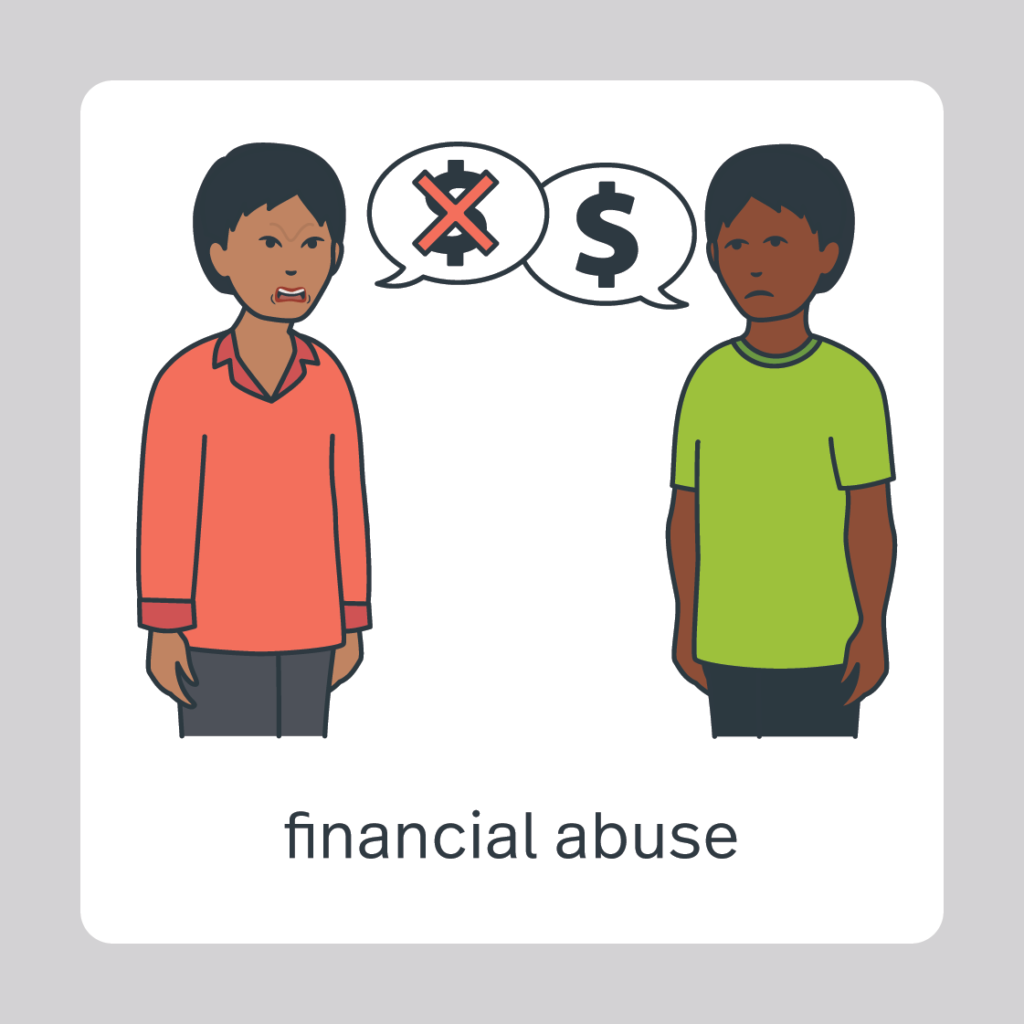
Hurting people with
mean words or yelling.
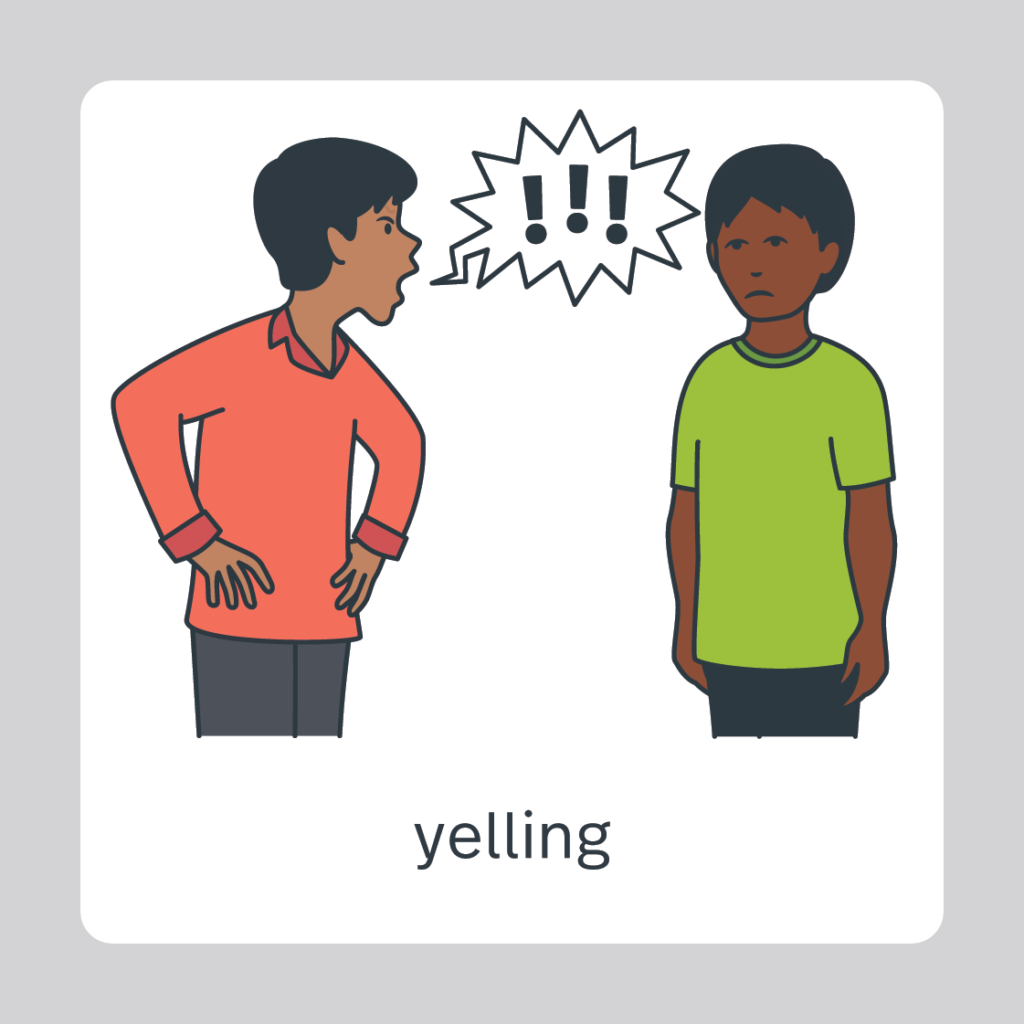
Not helping someone
get the care they need.
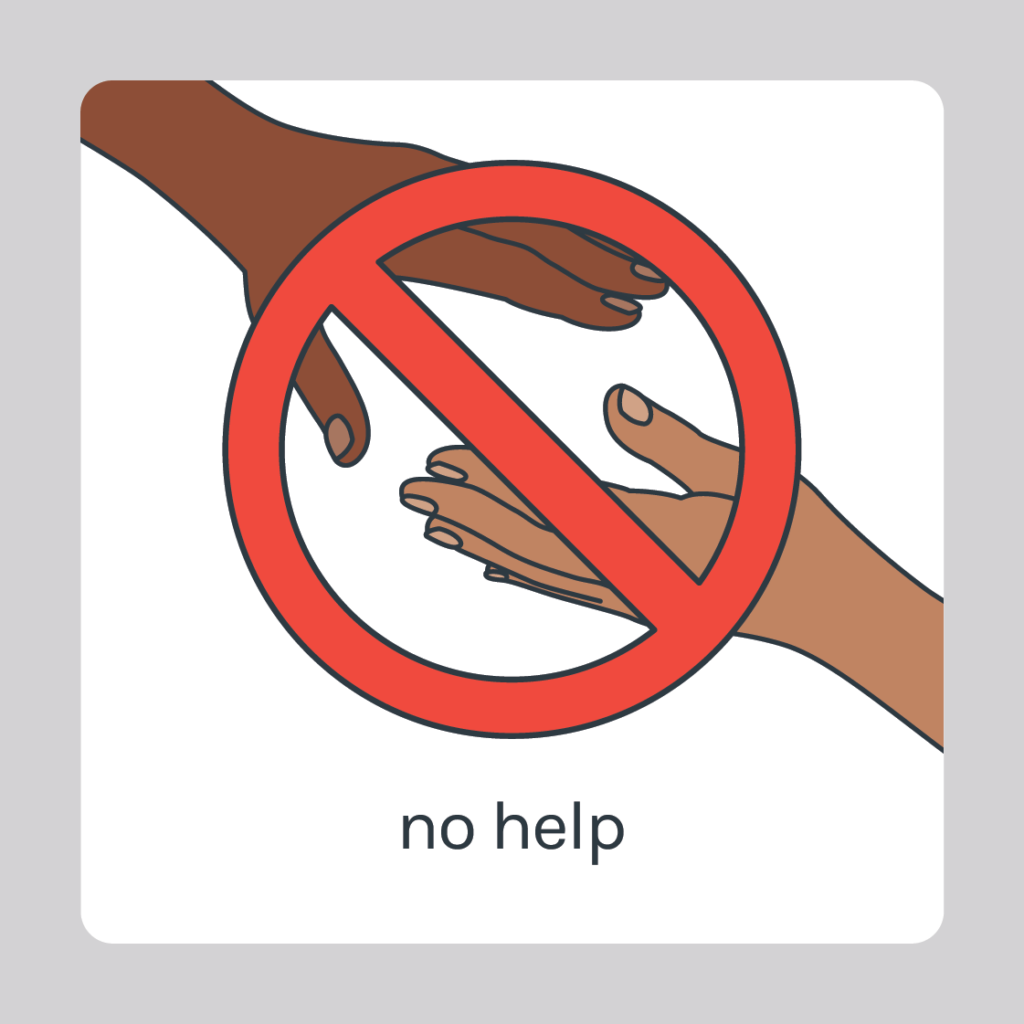
Physical abuse.
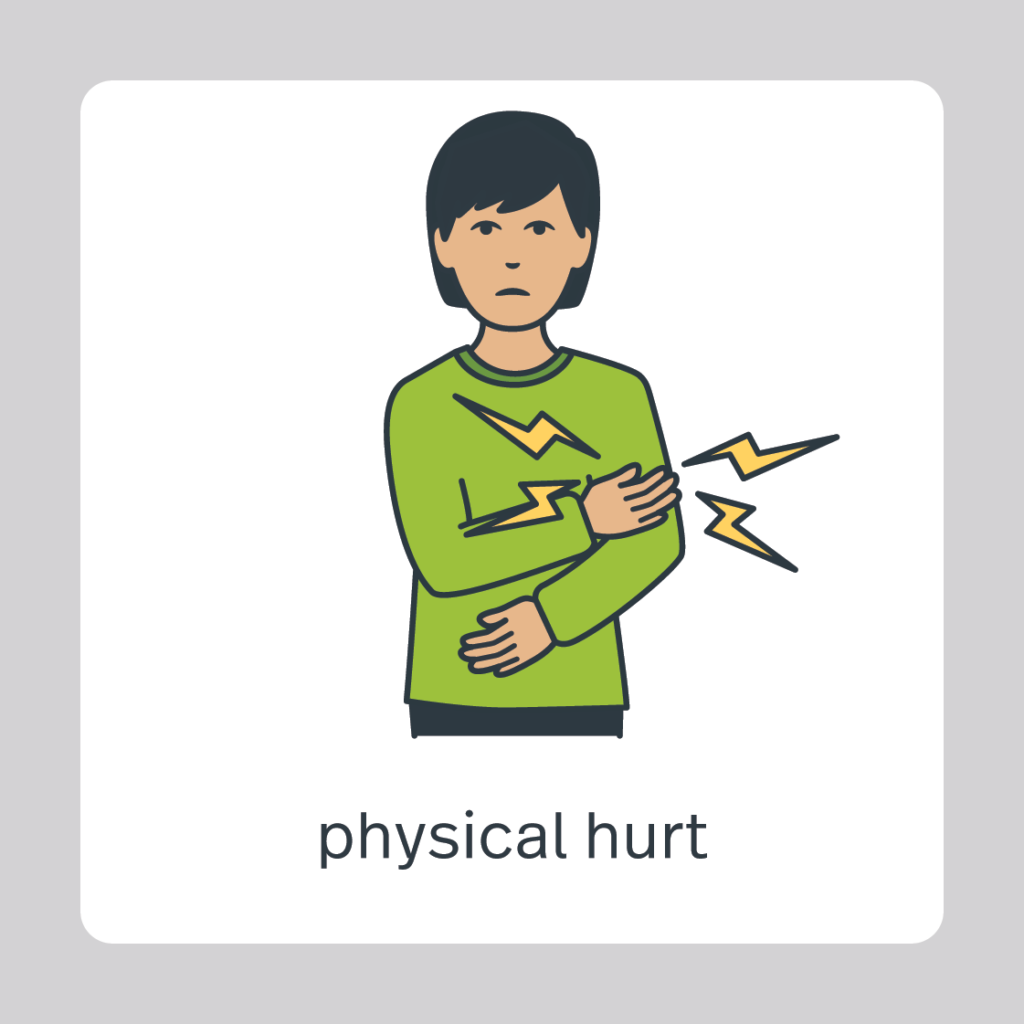
Stalking or harassment may be:
- following someone
- always wanting to know where someone is
- always wanting to know what they are doing
- sending lots of text messages
- calling lots of times.
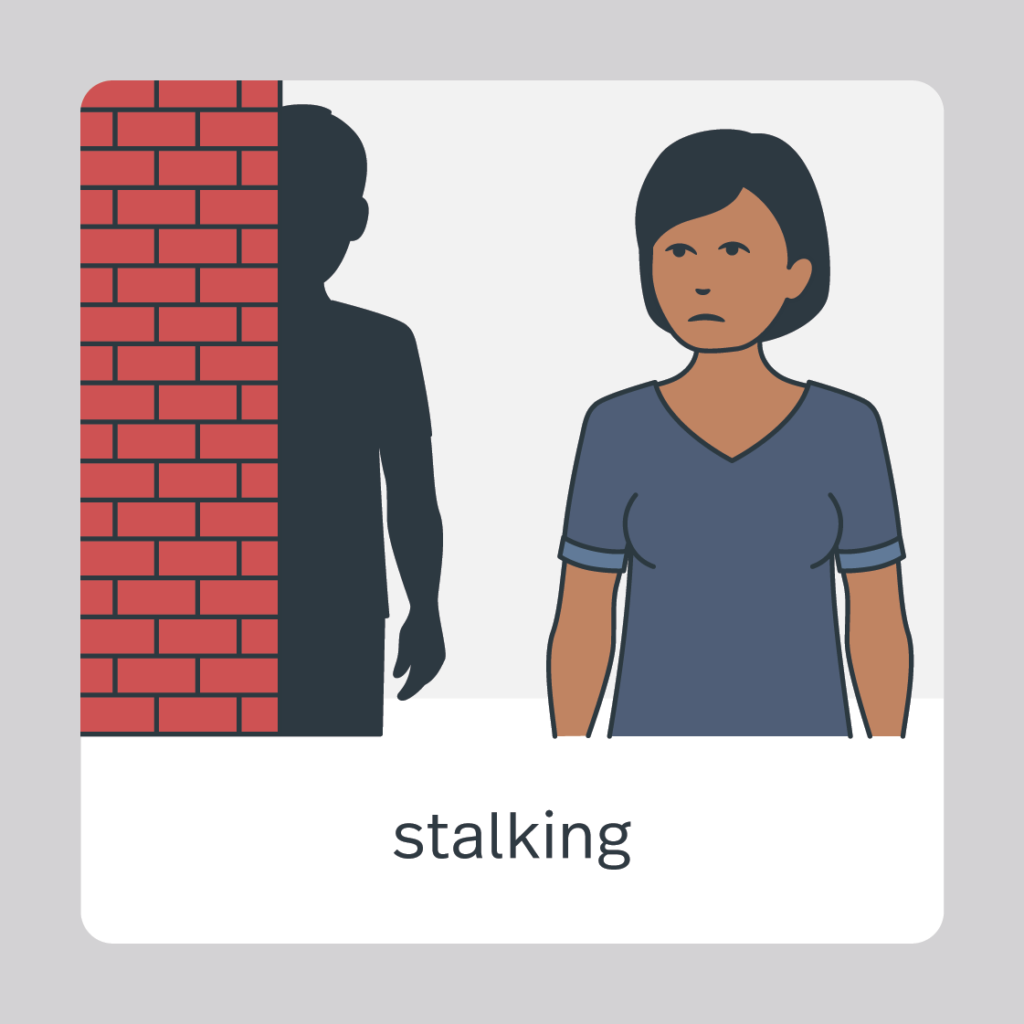
Making threats of harm to
another person, themselves or animals.
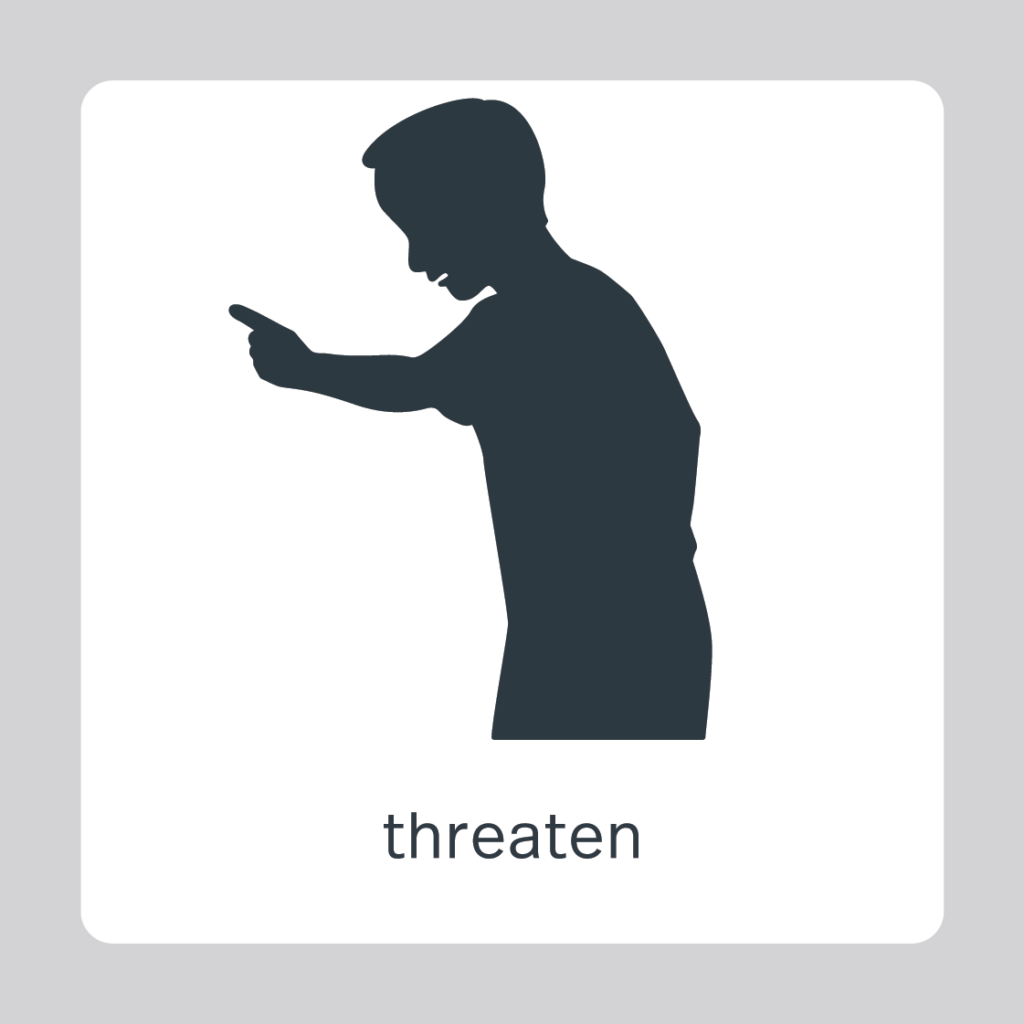
Doing sexual things to someone when they do not give .

Making sexual comments towards someone when they
are not wanted.
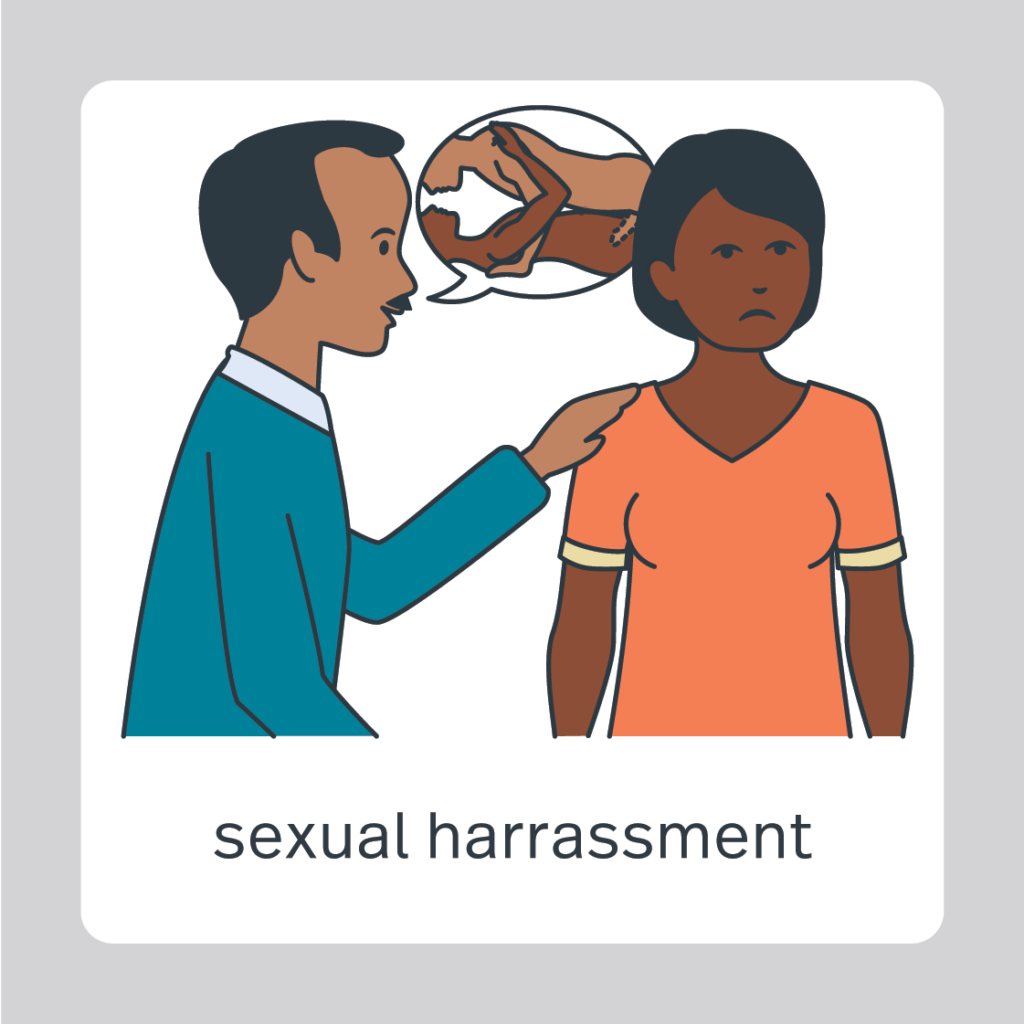
Controlling where a person can go, who they can see and what they can do.

Doing things to make someone stay in a relationship when they want to end the relationship.
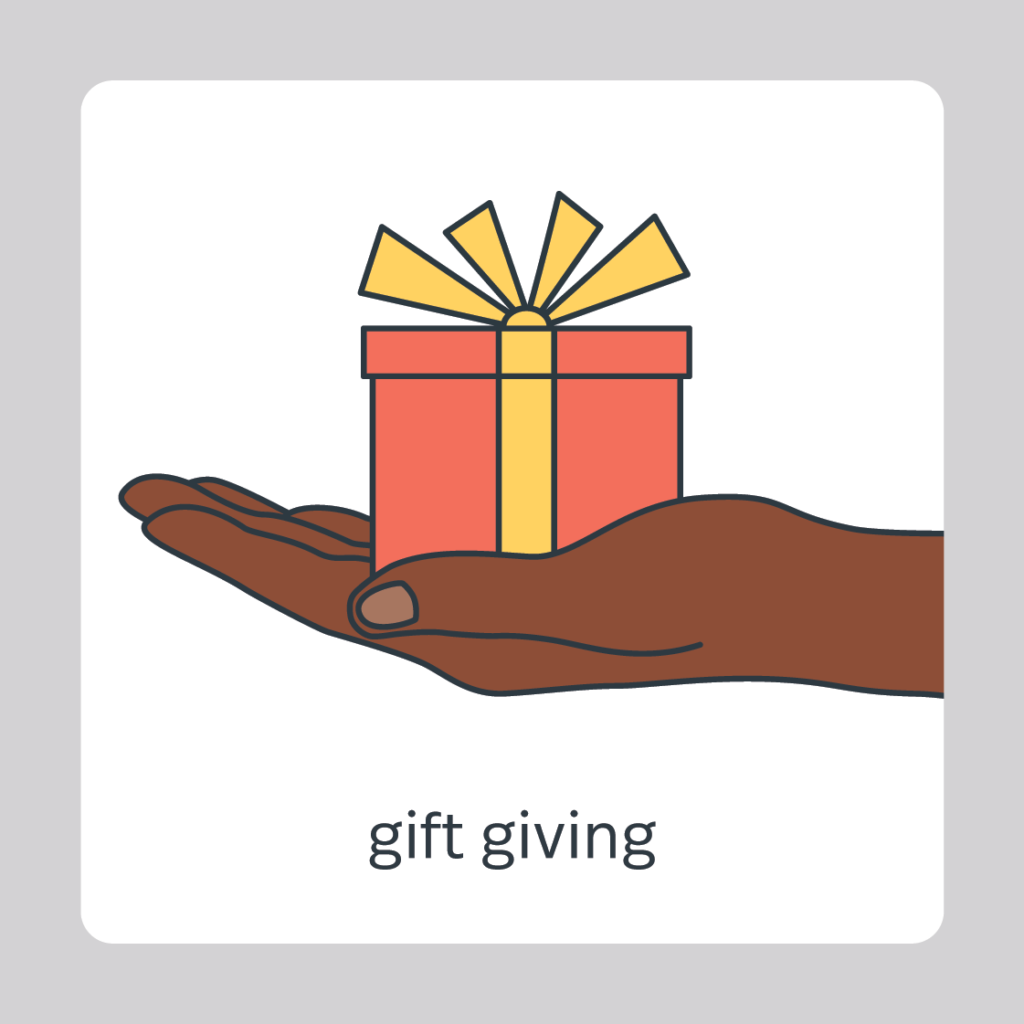
Damaging
things.
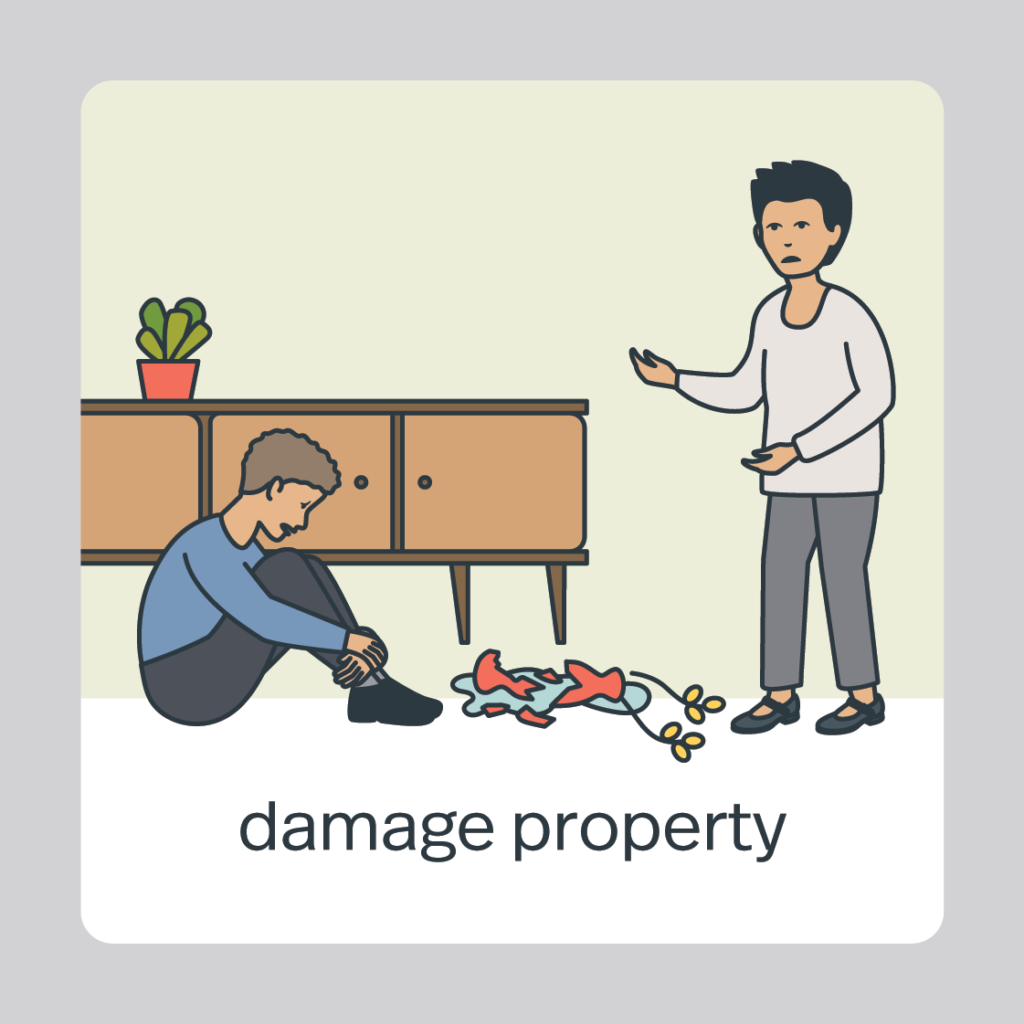
Scaring
someone to
make them
afraid.
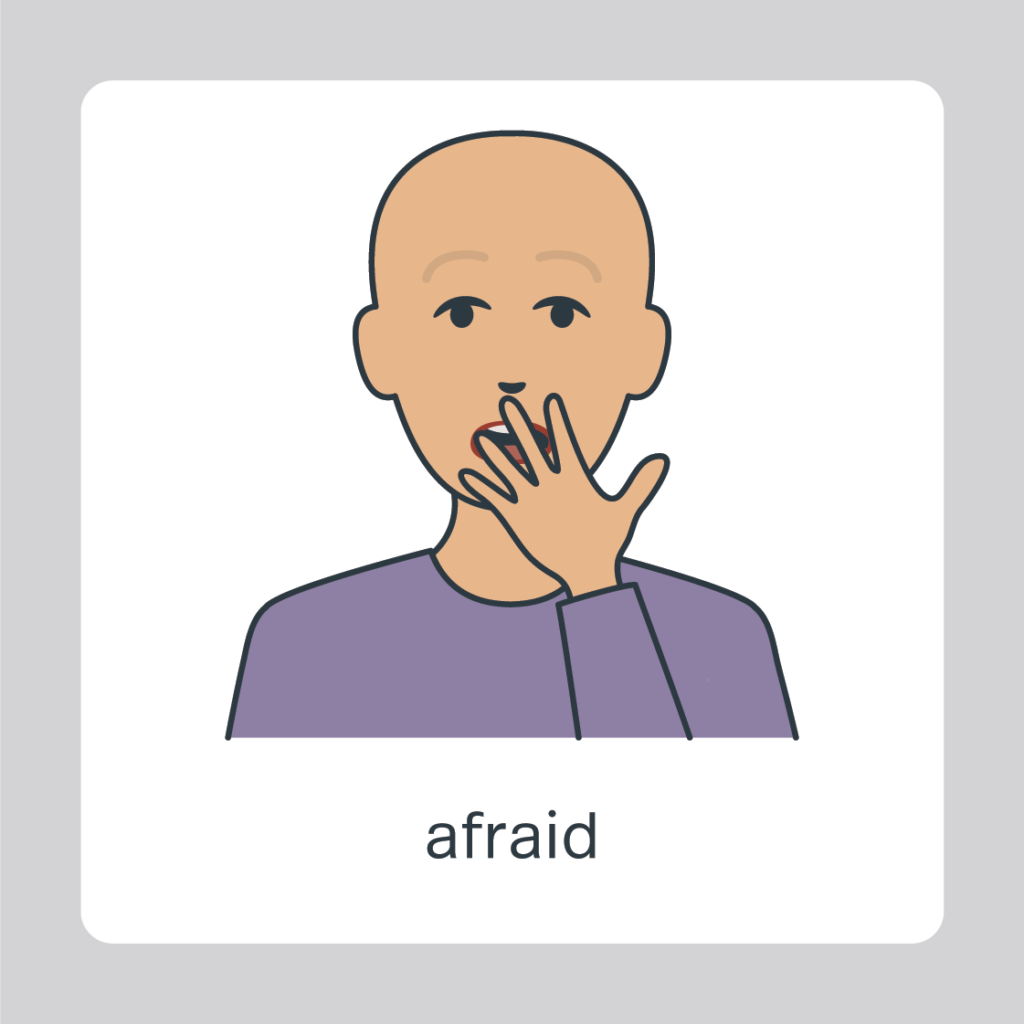
Unhealthy relationships can include not having equal power or say in decisions about your relationship or life together.
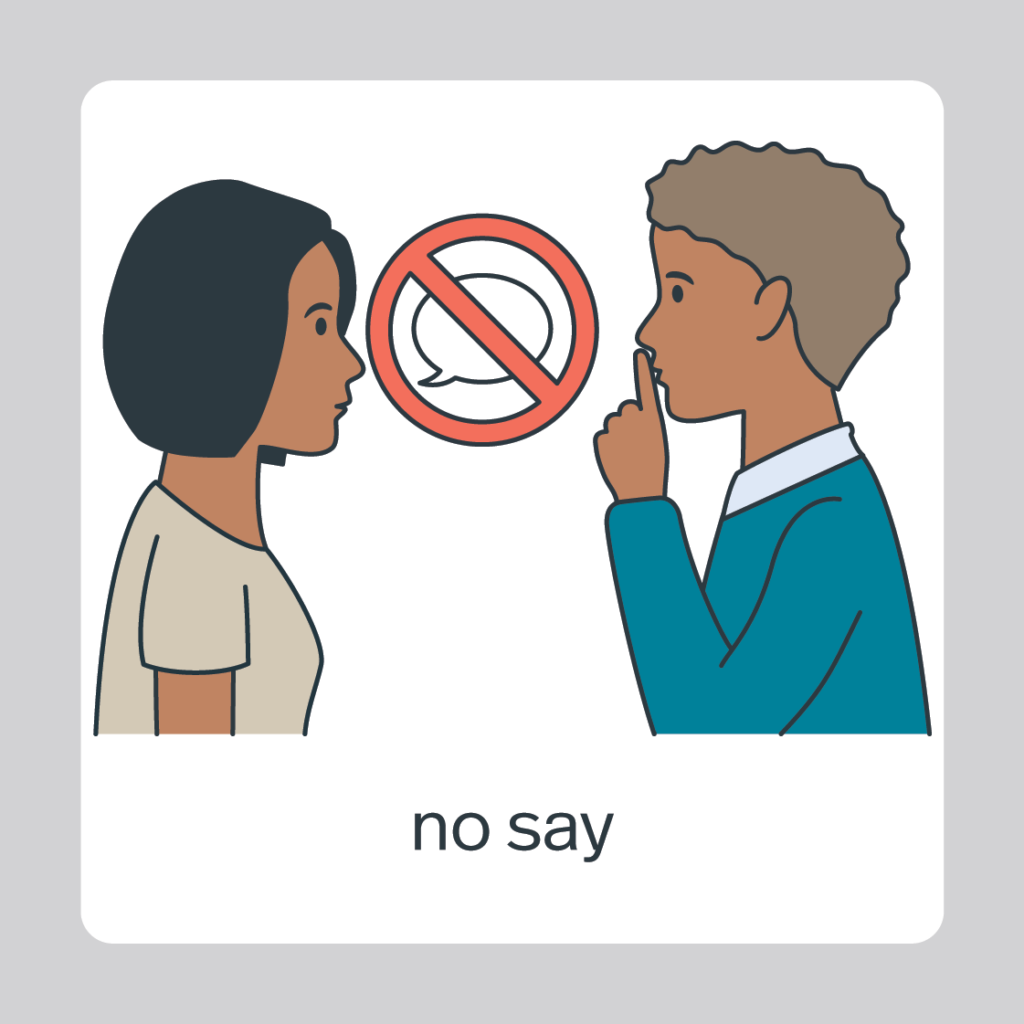

If you want to talk to someone about an unhealthy relationship you can call the National Sexual Assault, Domestic Family Violence Counselling Service (1800RESPECT) 1800 737 732 or the National Disability Abuse and Neglect Hotline 1800 880 052.
Who can be in an Unhealthy Relationship?
Unhealthy relationships can be in families, with friends, at work, where you live, or with partners.
You might have an unhealthy relationship with someone else.
People around you can be in unhealthy relationships with other people. It can be hard to know if relationships are healthy or unhealthy.
Speak with someone you trust if you are worried about behaviours in one of your relationships or the relationships of people around you.
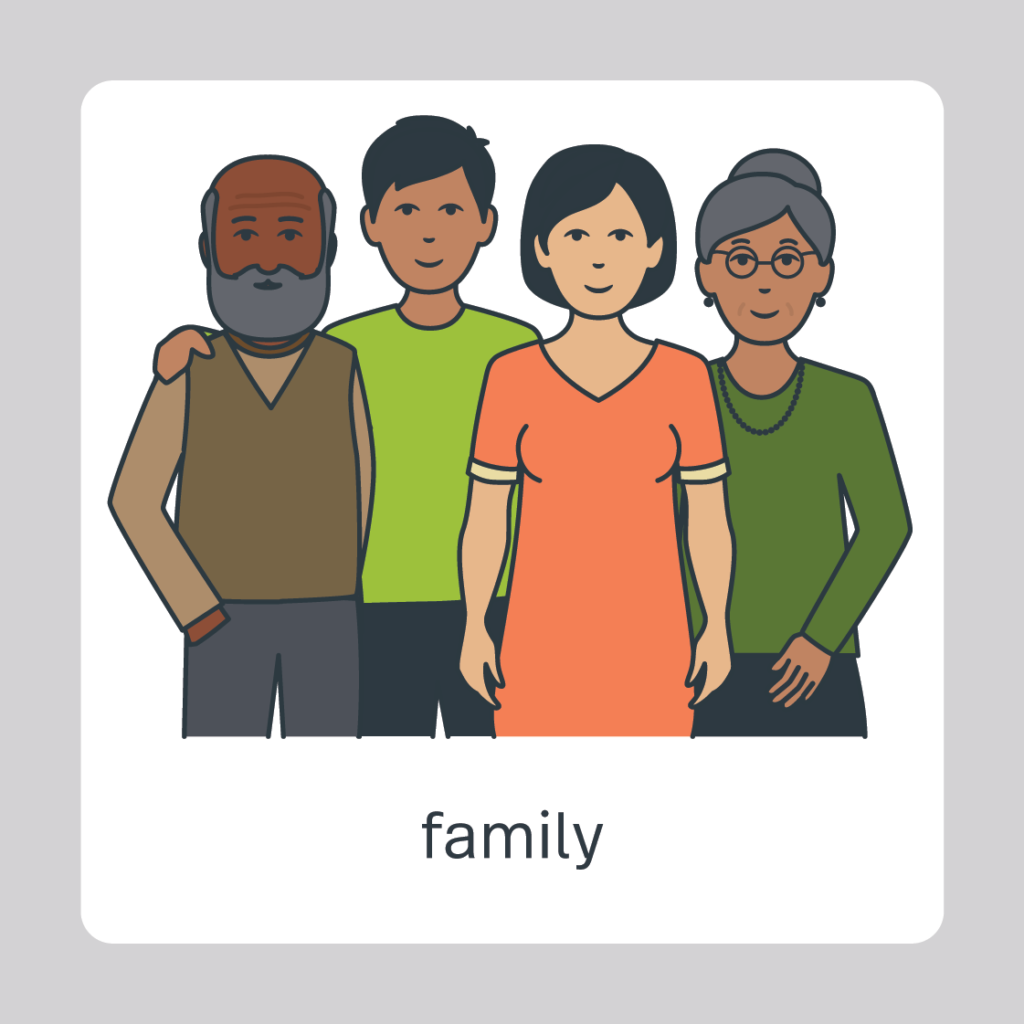
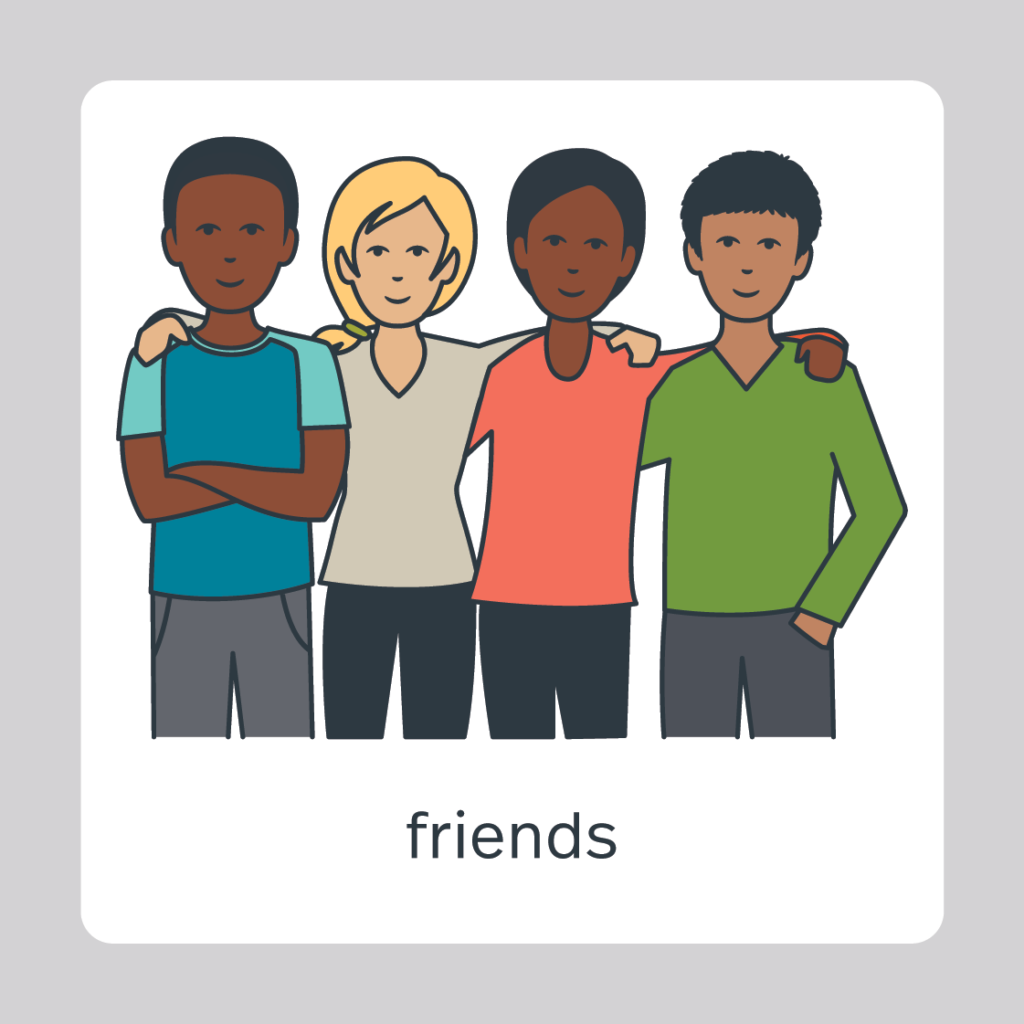
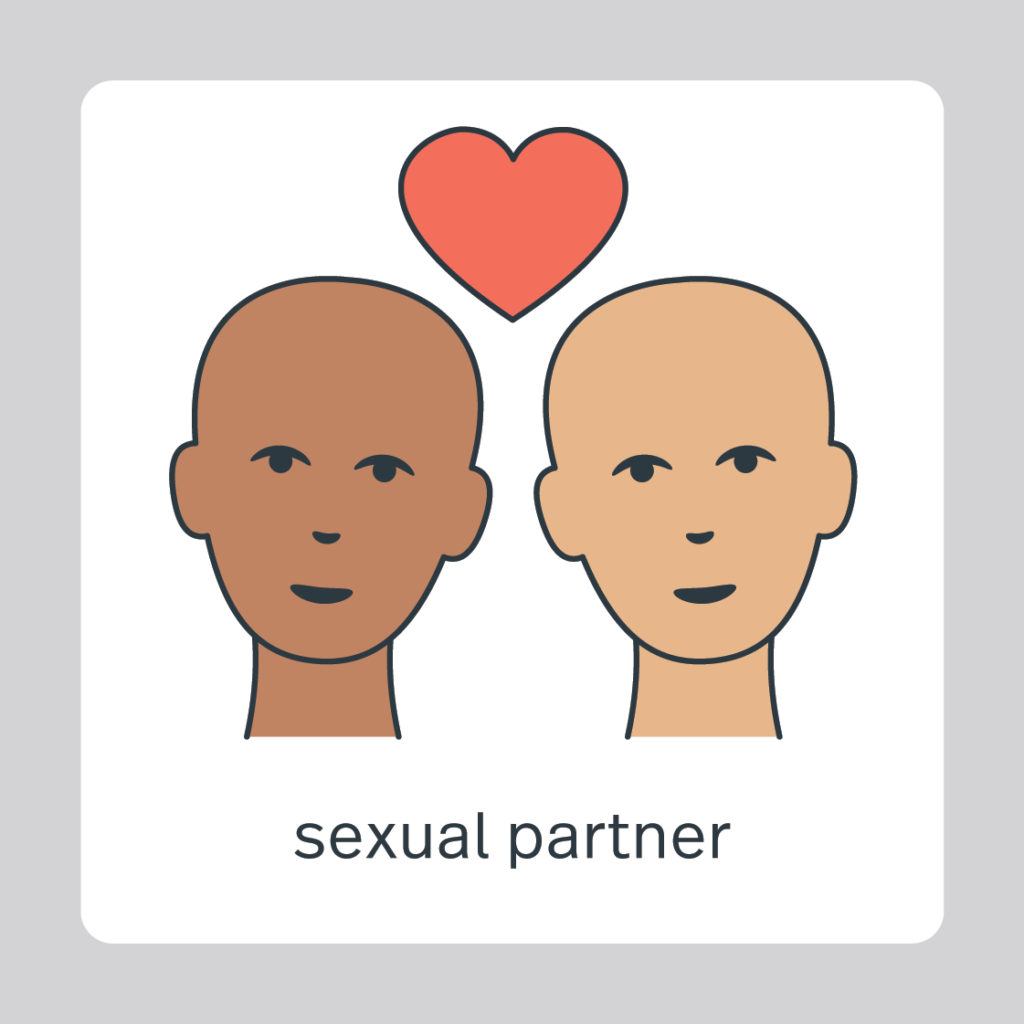
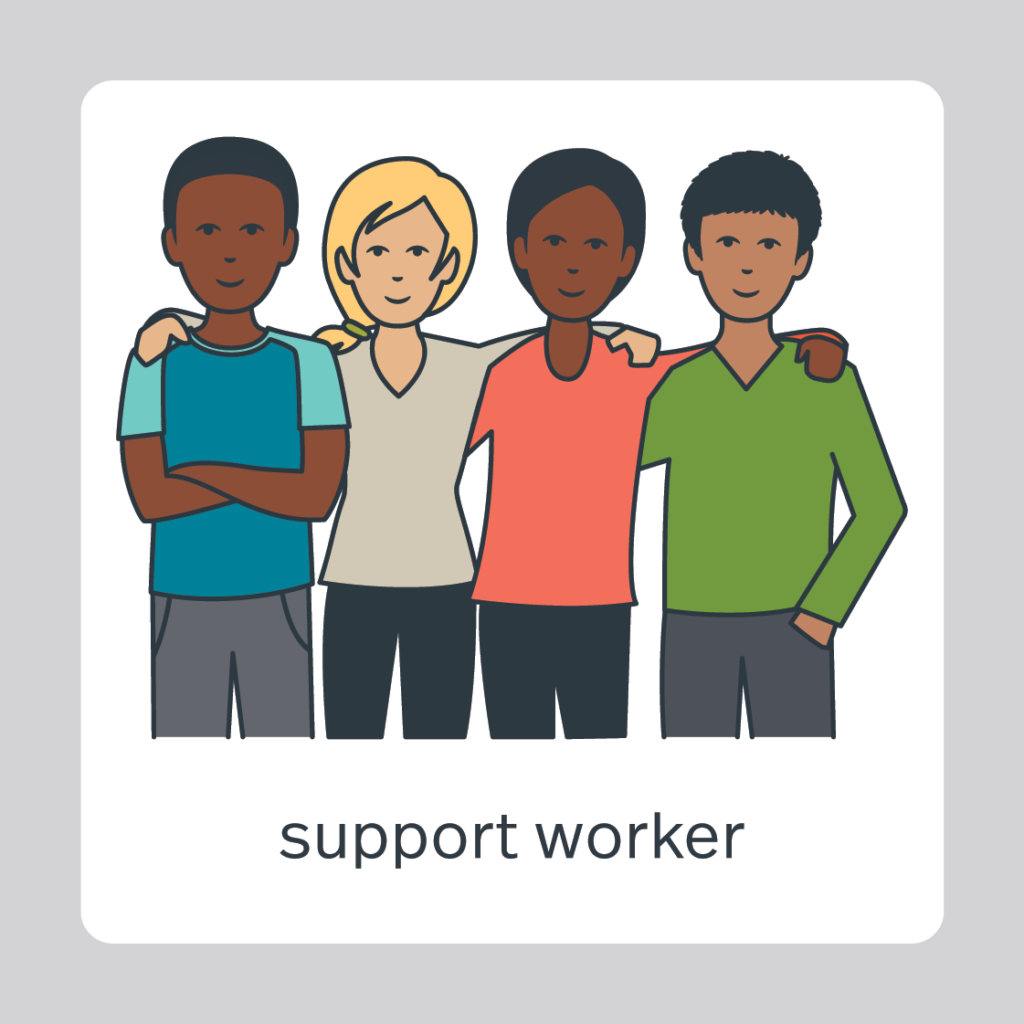
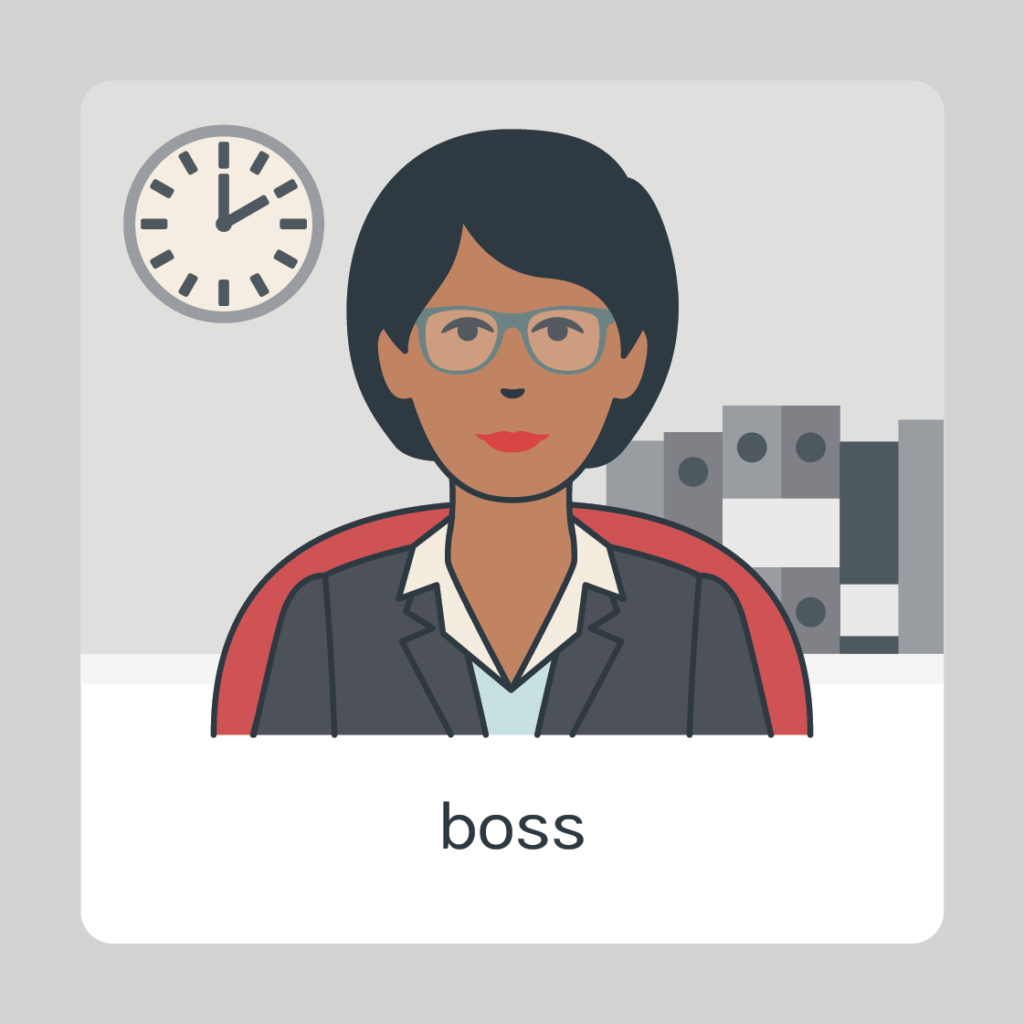
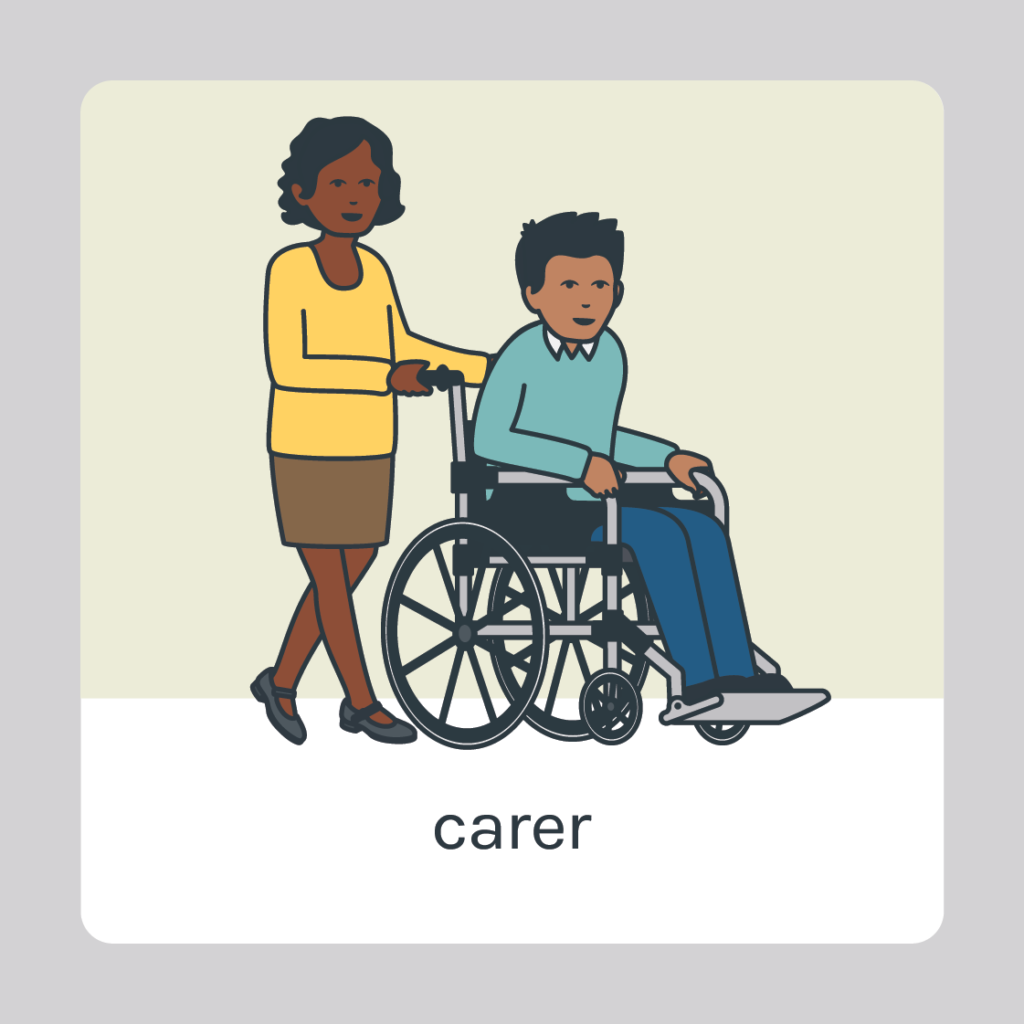
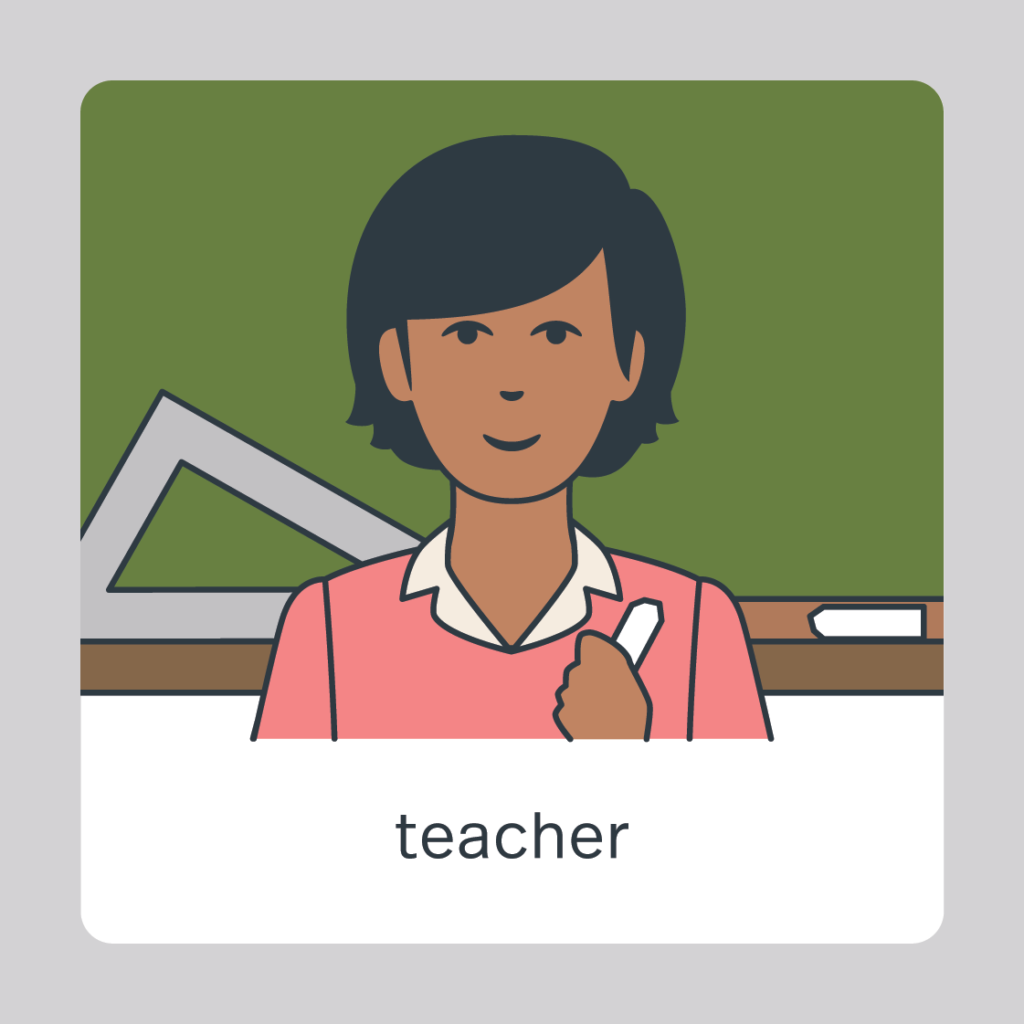
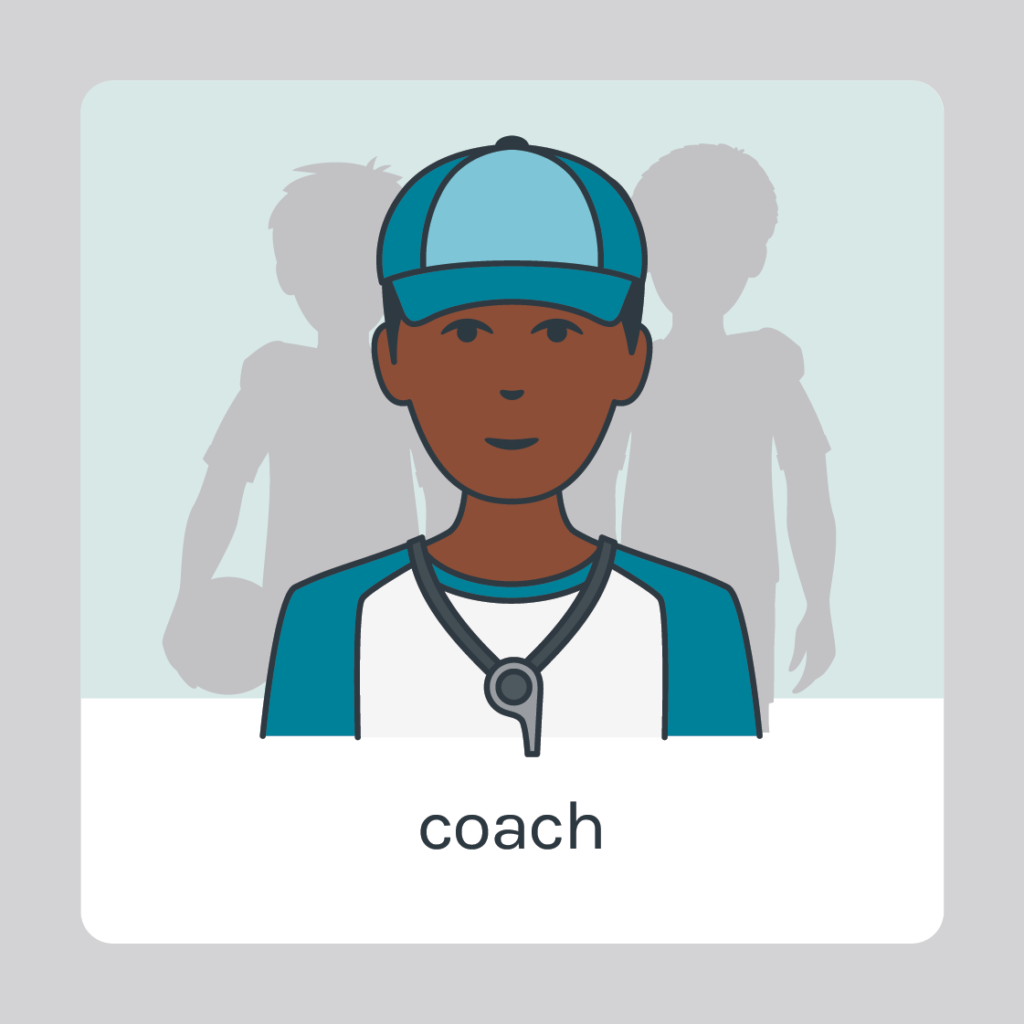
Previous section
Next section
Other sections in Unhealthy Relationships
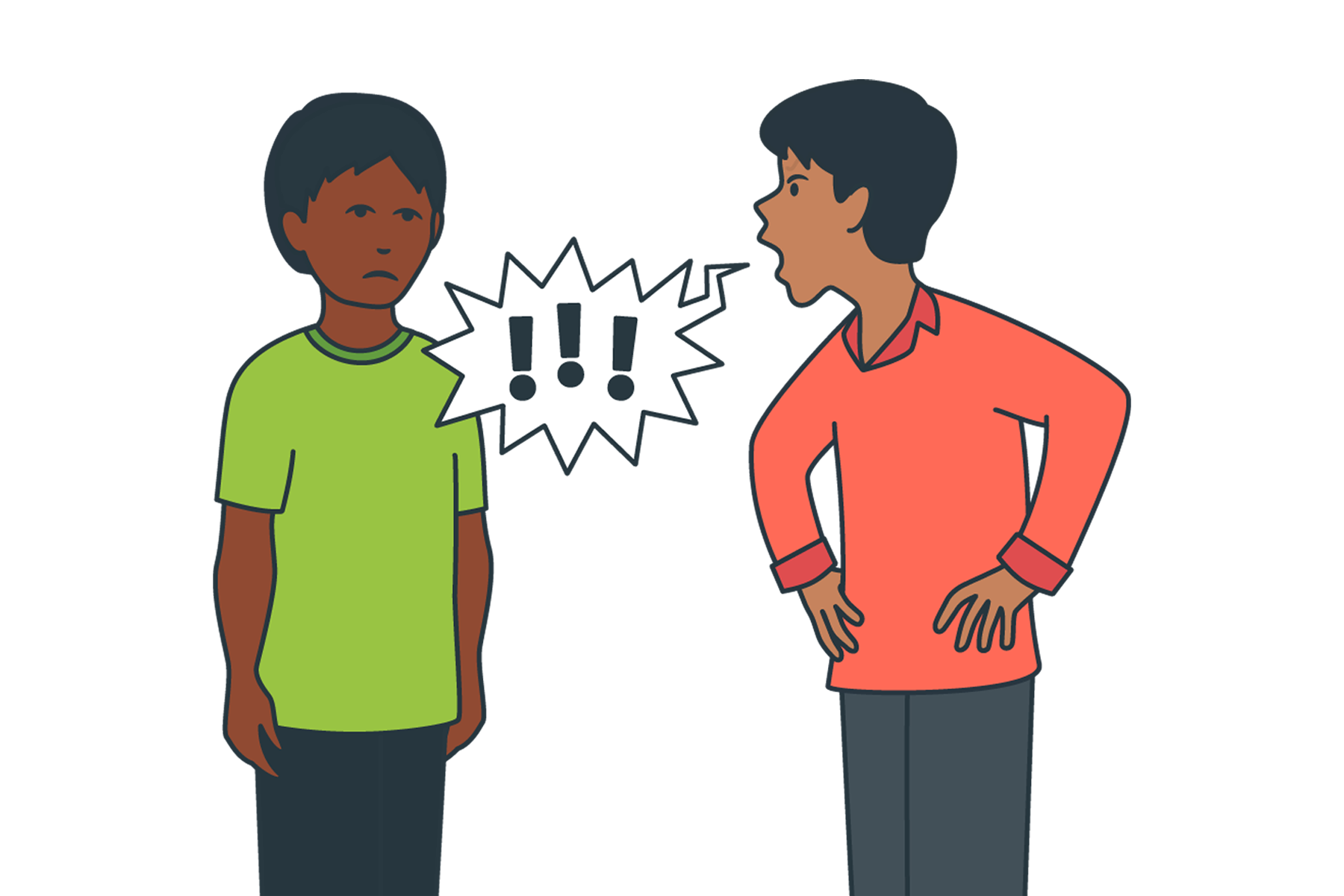

Getting help if you have been sexually assaulted can look like talking to:
- A local organisation that supports people who have experienced this.
- Or the National Sexual Assault, Domestic and Family Violence Counselling Service, also called 1800RESPECT. Their number is 1800 737 732. They are usually open 24 hours, 7 days a week.
Consent is a form of agreement. We consent for lots of things like sharing our belongings or deciding with a friend or support worker what you want to do in the day.
When we talk about sex and consent, we mean both people have to agree to want to have sex. No one should ever force, trick, or guilt you into sex or sexual activities. If they do, it is against the law.

